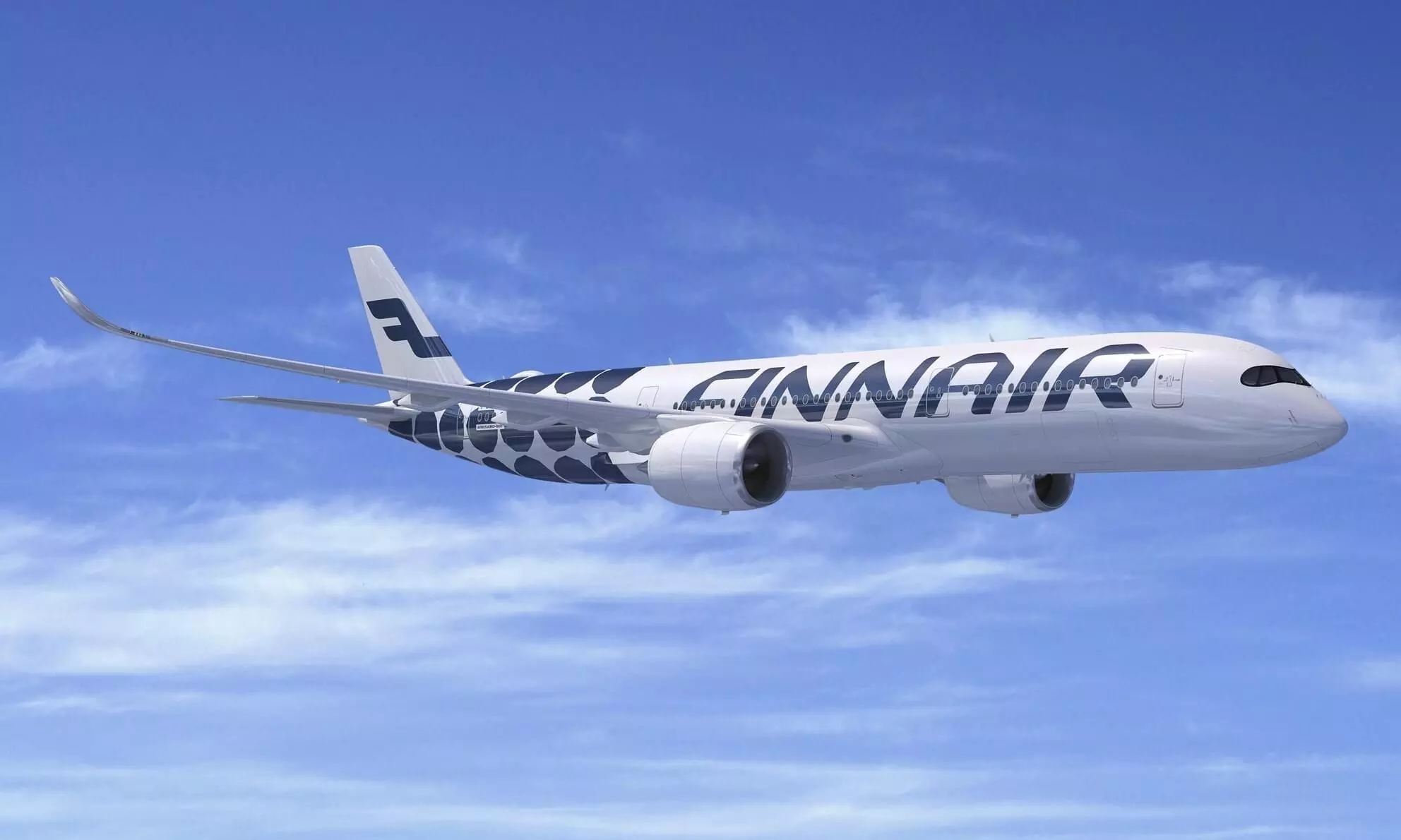
Finnair, CN Logistics partner to cut air cargo emissions with SAF
This new partnership supports Finnair’s net-zero goals and CN Logistics’ carbon neutrality drive through sustainable fuel use.

Finnair and CN Logistics International Holdings, a Hong Kong-based logistics company under DP World, have announced a new partnership to support the use of Sustainable Aviation Fuel (SAF) in air cargo. As part of this initiative, CN Logistics has co-funded a batch of SAF with Finnair to help reduce Scope 3 greenhouse gas emissions associated with its cargo shipments.
“This is an important step in our ongoing efforts to increase the use of sustainable aviation fuel, and we are excited to begin this collaboration with CN Logistics,” said Gabriela Hiitola, Senior Vice President, Finnair Cargo. “We look forward to expanding our SAF partnerships in the future and invite all our customers to join us in reducing carbon emissions in air freight.”
Tim Ngan, Executive Director and Chief Executive Officer of CN Logistics, echoed the importance of the collaboration. “This marks a significant step for CN Logistics to expand our efforts in driving CNL Green Solution’s Carbon Neutrality and CoCreate Green with Finnair. We look forward to further develop the adoption of SAF and engage with more stakeholders to reduce the burden of airfreight carbon emissions on our planet,” he said.
This collaboration aligns with Finnair’s broader sustainability strategy, which includes a science-based target to reduce its carbon emissions intensity—measured as CO2e per revenue tonne kilometre (RTK)—by 34.5% by 2033 from a 2023 baseline. The target has been validated by the Science Based Targets initiative (SBTi) and supports the airline’s long-term ambition to achieve net-zero emissions by 2050.
Finnair’s approach to emissions reduction includes expanding the use of SAF, investing in fuel-efficient flight operations, and operating a fleet of Airbus A350 aircraft on most long-haul routes. These aircraft use lightweight materials, next-generation engines, and adaptive wing-shape technology, making them 25% more fuel efficient than older A330 models. The airline also aims to lower operative aircraft weight and explore new technologies to improve energy efficiency.
Sustainability is integrated into Finnair’s infrastructure as well. The COOL Nordic Cargo Hub at Helsinki Airport, opened in 2018, was designed with long-term energy efficiency in mind. The terminal, certified by BREEAM, operates with support from nearly 3,000 solar panels that supply about 37% of the facility’s energy needs. Automated warehousing, guided truck yard systems, and waste management strategies further optimise the terminal’s environmental performance.
In addition to fuel and infrastructure improvements, Finnair has also committed to circular economy principles across its operations. The airline is working toward a company-wide target of 100% material management, ensuring that all waste ending at its Helsinki hub is either reused as energy, heat, biogas, manure, or material—completely avoiding landfills. Finnair has introduced measures to phase out single-use plastics, promote the recycling of packaging and cardboard, and explore reuse and recycling strategies for cargo nets, straps, and wood materials.
For CN Logistics, the partnership is part of its commitment to carbon neutrality and sustainable logistics under its CNL Green Solution framework. The collaboration with Finnair illustrates how freight forwarders and airlines can jointly take responsibility for climate impact and co-develop low-emission solutions for global trade

